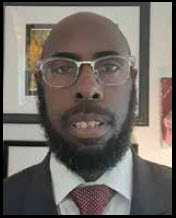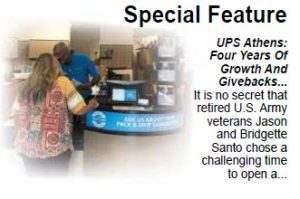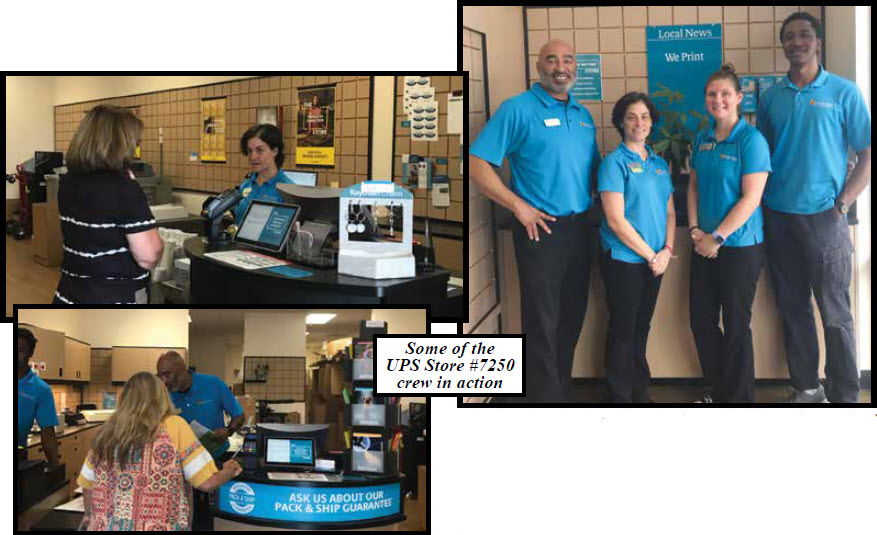 By: Eric M. Betts
By: Eric M. Betts
One of the most critical needs for leaders interacting in today’s world is cultural capital. Cultural capital, a treasure trove of experiences and knowledge garnered from diverse cultures, serves as a crucial cornerstone in sculpting balanced and successful leadership. Dr. Randal D. Pinkett and Dr. Jeffrey A. Robinson are distinguished leaders and authors renowned for their expertise in entrepreneurship and leadership. Dr. Pinkett, a Rhodes Scholar and winner of NBC’s The Apprentice, is the founder and CEO of BCT Partners, a multimillion-dollar management, technology, and policy consulting firm. On the other hand, Dr. Robinson is an award-winning business school professor at Rutgers Business School and has a deep understanding of how entrepreneurship and innovation can drive economic advancement.
Their collective experience in business and academia, coupled with their extensive research in African American entrepreneurial practices, has enabled them to provide invaluable insights into the intersection of cultural capital and leadership. In their seminal work, Randal D. Pinkett and Jeffrey A. Robinson delineate cultural exposure and capital as a key factor in cultivating leadership capabilities. They assert that immersing oneself in diverse cultures and histories promotes cognitive flexibility, broadens perspectives, and nurtures empathy. This cultural capital, as they term it, is not merely about acquiring knowledge, but includes developing a nuanced understanding of different worldviews and practices. This understanding, in turn, fosters a more inclusive and adaptable leadership style. According to Pinkett and Robinson, leaders with substantial cultural capital are better equipped to navigate the complexities of an increasingly globalized world, manage multicultural teams with sensitivity, and make informed decisions that take into account a wealth of cultural contexts.
Pinkett and Robinson emphasize the importance of exposure to diverse people, places, and possibilities in shaping a leader’s mindset and capabilities. Visiting diverse environments, from a rural countryside to buzzing urban centers or even virtual worlds, can broaden horizons and engender adaptability. Furthermore, they highlight the role of exposure to new possibilities in sparking innovative thinking. For instance, merging a proficiency in law with a passion for hip-hop could lead to a career as an entertainment lawyer. This kind of interdisciplinary approach promotes thinking beyond traditional boundaries and encourages the development of unique problem-solving strategies.
Such exposures not only serve to enrich our perspective but also equip us with a wide array of tools to overcome challenges and seize opportunities. This involves immersing ourselves in different cultures, concepts, and circumstances, which ultimately enhances our cognitive flexibility and empowers us to think creatively and innovatively. This, Pinkett and Robinson argue, is the transformative power of cultural capital.
Cultural capital is further built by actively seeking out and engaging with a wide range of concepts, ideas, and ways of thinking. This can be achieved through a variety of avenues such as reading extensively and researching diverse subjects. Reading is not limited to books; it includes newspapers, blogs, scholarly articles, and anything that offers fresh insights and perspectives. It exposes us to different writing styles, voices, and experiences that we may not otherwise encounter.
This type of exposure broadens our understanding and promotes critical thinking. It involves evaluating multiple sources of information, which in turn fosters a sense of skepticism and discernment, crucial for effective leadership.
Engaging in conversations with others, especially those outside our immediate circles, also greatly contributes to this end. Dialogues with people of different backgrounds, professions, and ideologies provide firsthand exposure to alternative viewpoints, fostering intellectual growth and cultural sensitivity. Pinkett and Robinson encourage engagement in a diverse array of experiences, like attending lectures, film festivals, museums, workshops, and seminars, which greatly enhances cultural capital. These events provide immersive encounters with a wide range of knowledge domains, from the intricacies of cinematography and the subtleties of art, to the dynamics of architecture and various industries.
They also recommend exploring the architecture in your city or learning a new language as another way to enrich cultural capital. Architectural structures are embodiments of a place’s history, culture, and progress, while language is a gateway to understanding a different culture’s mindset, customs, and way of life. All these experiences contribute to building cultural capital, equipping a leader with a well-rounded, informed perspective, primed for innovative thinking, problem-solving, and effective decision-making.
By: Eric Betts, Udemy Instructor in Religion, Leadership and Ethics









 July 19, 2024
July 19, 2024




